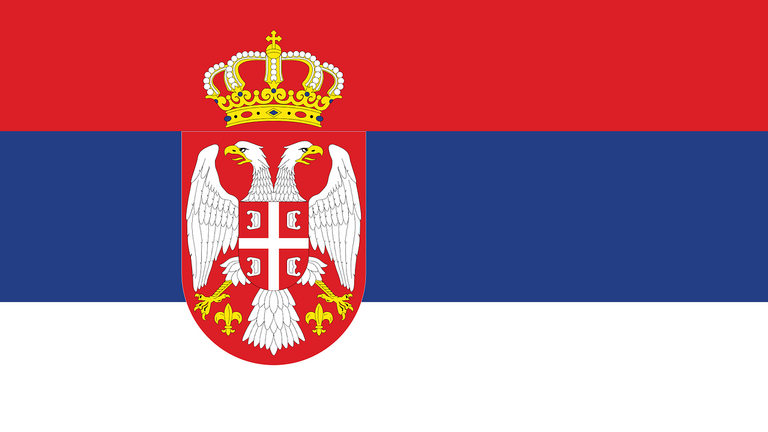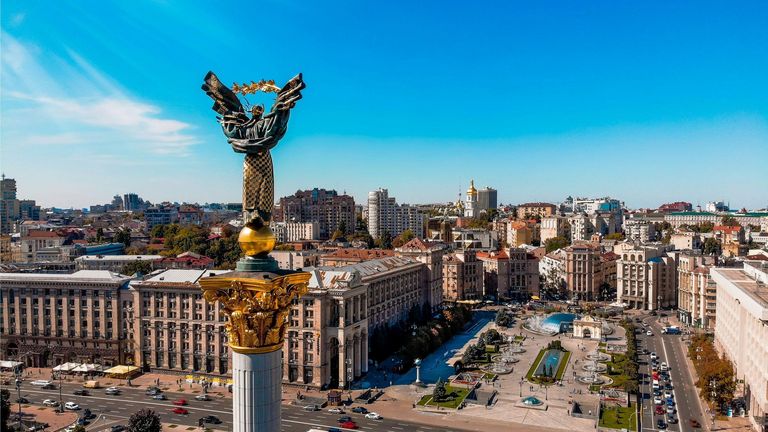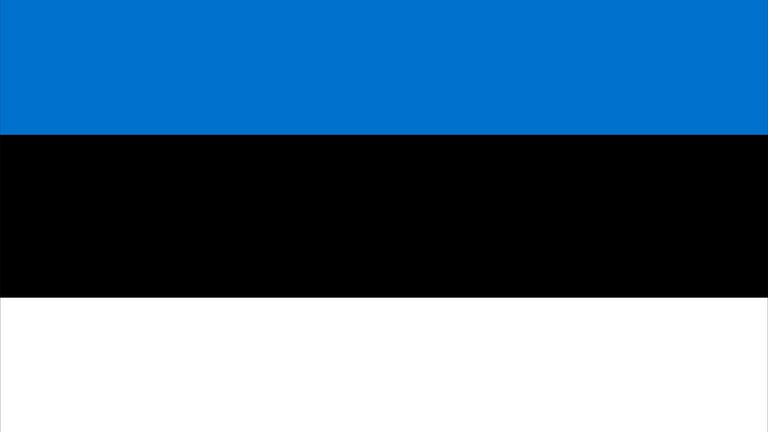Meet Edouard Carle from Pole Star, Inc

Who is Edouard Carle?
I am Edouard Carle, 31 years old, born French, and currently Head of Sales for Pole Star USA. I graduated from Toulouse Business School and Universidad de Los Andes in Bogota, Colombia, before engaging in an international Business development career for companies in the Consumer goods, Aerospace, e-commerce, and high-tech sectors.
When was Pole Star created, and why is the company today in the US? Why did you decide to move from Palo Alto to Chicago?
Pole Star turned 20 years old last month! The company was incorporated in 2002. Our founders, Jean and Christian, used to work together at a large aerospace firm, Alcatel Aliena Space, on Satellite systems for global positioning (GPS, and its European equivalent, Gallileo).
I'm sure you remember in the early 2000s the bulky GPS terminal you used to navigate outdoors while in your car, for example. This was when outdoor positioning systems were starting to solve people's daily lives problems (getting around, being located in case of emergency). While beneficial, the technology used (GPS) has always been at best unreliable if not wholly unusable indoors and in stringent environments like high-rise city centers. Chicago is a perfect example; I am sure you tried to navigate downtown with google maps or share your position with an Uber, it's usually tricky). So the vision was to take over the GPS technology for users located in such environments. You can call us the indoor GPS
We landed our feet in the US 10 years after Pole Star's inception, in 2012 for two reasons: primarily to develop a business relationship with a partner we previously engaged with. This is what justified the initial investment. Second, the market at the time seemed ready for our tech. So nesting our teams in the heart of silicon valley appeared to be the best option for us to make meaningful connections in the ecosystem rapidly. Fast track to 2022, we developed our clientele nationwide, and today the reality is that most of our major customers are in the eastern half of the country. In addition, we realized that the 9 hours time difference between California and France was sometimes an obstacle to rapid decision making. Getting closer to Europe became more critical as we were growing. We found in Chicago everything we were looking for: It is the 3rd largest city in the country, thus providing access to all amenities we needed to stay attractive. The connectivity through O'Hare helps us be more connected to our clients, and we gained two precious hours to sync up with our French colleagues sitting in Toulouse.
How do you position Pole Star in the US market from its creation to nowadays?
The worldwide ubiquity of the use cases we address made us a naturally "born global" business. We began establishing a local presence through valuable connections with the big tech firms in the Valley, about 3 to 4 years before actually taking the big step of establishing a formal subsidiary. We validated through a couple of in-person trips that the technological expertise we had built since our beginnings had massive potential in the local market. In 2012, the subsidiary was established, and in 2014, the first major contract was signed with a significant regional player, enabling us to run profitable operations after two years only. Nowadays, our technology is deployed from Alaska to Florida. 60+ hospital campuses to help patients find their way to the doctor's office, New York's MTA leverages us to guide visually impaired people in the subway, among other examples. This commercial success has led Pole Star to be recognized by Gartner, a prestigious technology consulting firm, to include us in their yearly Magic Quadrant for indoor positioning systems.
Pole Star has provided IN INDOOR POSITIONING SERVICES in 35 countries. If you can share, what is the most exciting or challenging project your company has worked on and why?
There are countless challenging projects that Pole Star addressed, specifically from the technical perspective, like deploying in the Qatari desert in a smart city project in Doha, or 40+ malls in Europe & USA from the Unibail Rodamco Westfield group, but the one that stroke me the most, was our ability to deliver our services onboard Cruise ships, which are "moving environments" and all built-in metal, drastically impacting the signal propagation. Our teams found innovative ways to consume real-time data from the ship's computers to maintain the same levels of performance we would reach on the shore where many competitors failed to deliver the expected quality, primarily because of the quality.
How do you engage clients and earn their trust?
We're lucky to benefit from a very high recommendation rate. About 60% of our current clients come from other clients' referrals. People trust us because we say what we do and we do what we say, and we realize that this is a big differentiator in the marketplace. We're engaged in countless discussions with disillusioned clients who got promised unachievable outcomes by our competitors. We tend not to oversell and manage expectations, and the result is that we usually go way beyond what we initially promised. I am convinced this is achieved thanks to the Pole Star People, who constantly push the technological boundaries and put so much passion into addressing clients' questions that the result is 100% client satisfaction.
Why did you join the FACC-Chicago network?
Coming to a new country, a new culture, a new city presents plenty of challenges. Who's going to do your accounting and finances? Who's going to tell you about local compliance and regulatory frameworks? Who's going to help you with legal? What does HR mean in the US? These are only a few of the questions you need to address quickly upon arriving here, and we're lucky to have access to the network of FACC because the people who can answer all these questions are also members of the chambers. We saw in the FACC the opportunity to network well and fast with a culturally-close group of people.
How has the Chamber helped you in the past?
Through the events, the services, and the network that we can access with the membership, we saved tremendous time and headaches from the get-go. This is why when moving from the Valley to Chicago, the first thing we did was get our membership in Chicago. So far, we're renewing our membership every year as we continue to get the value we were looking for. We made meaningful professional relationships and sometimes even friends!


